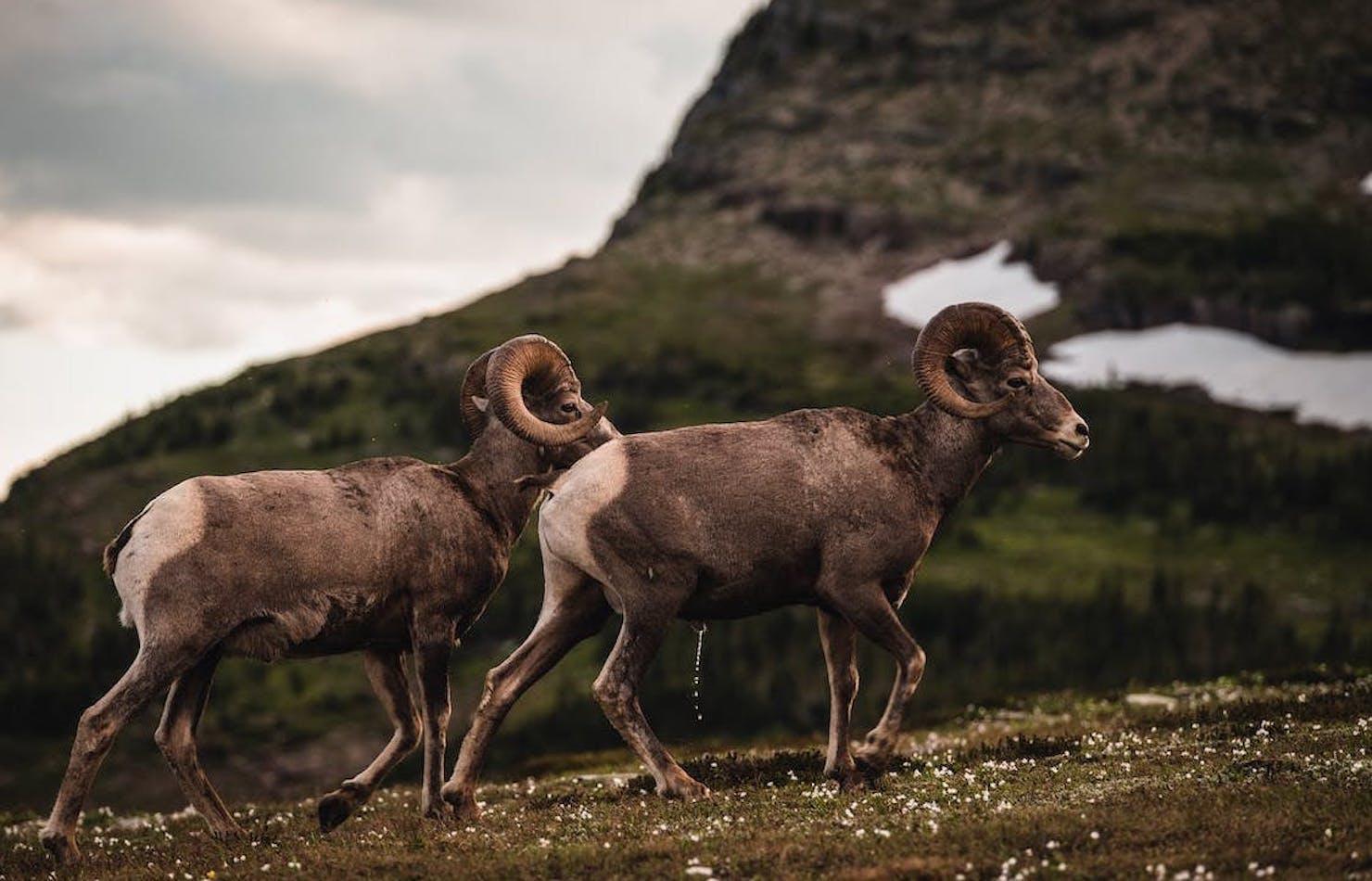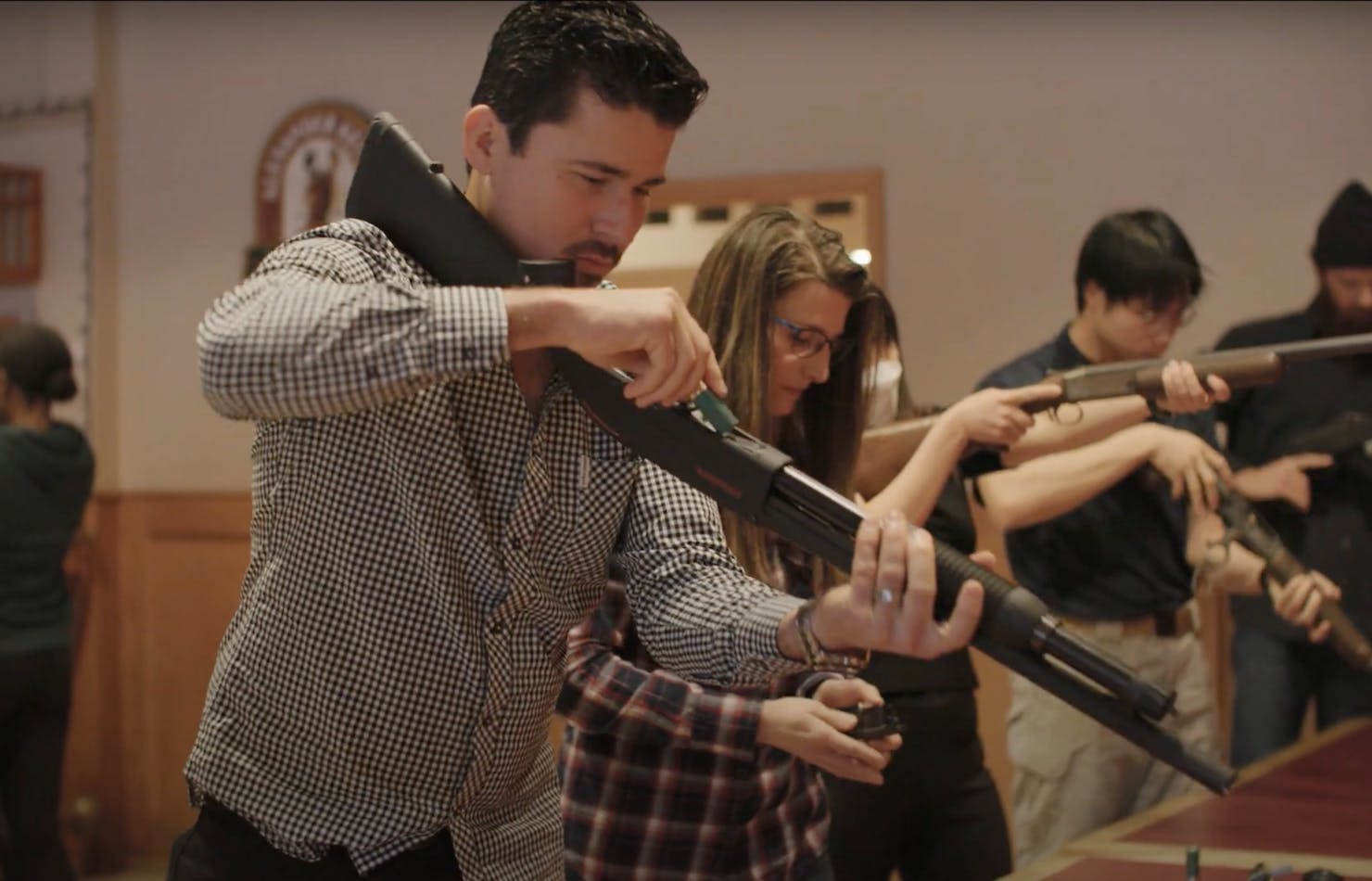
Hunting Ethics - The Legal Significance of Hunting Tags
Hunters head into the wilderness, put animals on the ground, and cut their tags. It's routine. And while we know that cutting our tag is required by law, there is a sort of ethical and legal gray area around what exactly the tag signifies. Understanding the exact legal significance of your tag will help you be a better hunter and help you avoid potential ethical and legal dilemmas.
Ownership of wildlife in Canada is vested in the Provinces(1). Unlike land or chattels, citizens are prohibited from owning wildlife(2). The Provinces, however, may grant exceptions for certain approved purposes(3). Hunting is one of those approved purposes(4).
You must earn the privilege to hunt by demonstrating competency and ongoing lawfulness. You must pass the Provincial Hunter Training Course (CORE) and the Federal Possession and Acquisition Licence program (PAL). You are examined by the Provincial Chief Firearms Officer who performs background and character checks, as well as the RCMP who run a daily check on all PAL holders to ensure they have not been convicted of a criminal offence. Canadian law permits the courts to revoke a Possession and Acquisition Licence for most drug, violence, and gun crimes. After successfully demonstrating your competency and lawfulness the Province may grant you the privilege of purchasing a hunting license and tags.
A tag in your pocket is a permission slip from the Province to secure a future right of ownership in a wild animal.
Your future property right is legal only if acquired according to the matrix of regulations that prescribe the specific species, sex, region, timeframe, physical characteristics, and tools used for harvest. The regulations are the application of the principles of the North American Model of Wildlife Conservation, specifically, that wildlife is to be allocated by law.
Once you have pursued and killed the game you must also possess it. The essence of possession is control(5). In 1844 an Englishman was fishing for sardines. As he was encompassing the fish with his net another fisherman rowed by and disturbed the net, preventing the capture. The first man sued for trespass, claiming the other had caused him to lose his possession, the fishes. The court ruled against him, stating that possession does not arise “until the party [has] actual power over the fish”(6). Likewise, you have control, and therefore “possession”, of an animal only when it is fully captured, within your custody, and under your power. In practical terms, this is when you are standing or kneeling next to the deceased animal.
When you cut your tag you are making a silent declaration that you have
- observed the regulations to kill the animal and,
- you have possession of it.
At this moment the property right transfers from the province and legally vests in you. Understanding both parts of the legal equation of ownership should help you avoid making decisions in the field that would compromise your ability to legally harvest your animal.
Consider the following. You are hunting on the last day of the season. You shoot at an animal which, despite searching late into the night, you cannot locate. At this point you have successfully followed the regulations but fail to possess the animal. The definition of hunting in the Wildlife Act includes searching for wildlife with intention to capture (possess) it(7). If you search and find the animal the next day you will have hunted outside of the timeframe specified by the regulations. While some conservation officers might be understanding, it's best not to rely on their graces.
Pushing the legal boundaries of your hunt increases the odds of finding yourself in an ethical or legal dilemma. There are dozens of anecdotal methods on the internet of “working around” the regulations and “bending the rules” to get out of a bind. But the only tried and true method is to be mature enough to comprehend the variables of your situation, use foresight, and not engage if it is reasonably foreseeable that you won’t lawfully cut your tag.
A trucking company was hiring a professional driver for their most dangerous mountain route through deep canyons and winding mountain roads. They needed the most skilled driver they could find. Each applicant was asked how close to the edge of the road they could drive without going over. The first bragged that he could drive within one foot without going over. The second bragged he could get within six inches. The third exclaimed, “I stay as far away from the edge as possible!”.
A personal ethic of humble self-control will help keep your hunt well within the ethical and lawful bounds of your hunting privilege. And an ethical and lawful hunting culture is more important than any single animal you could ever take, no matter how you justify it.
______________________________________
- 1 Wildlife Act [RSBC 1996] Chapter 488 s.2(1)
- 2 Ibid, s.2(2)
- 3 Ibid
- 4 Ibid, s.2(3)
- 5. Young v. Hichens (1844)
- 6. Ibid, 230
- 7 Wildlife Act, RSBC 1996, c 488


